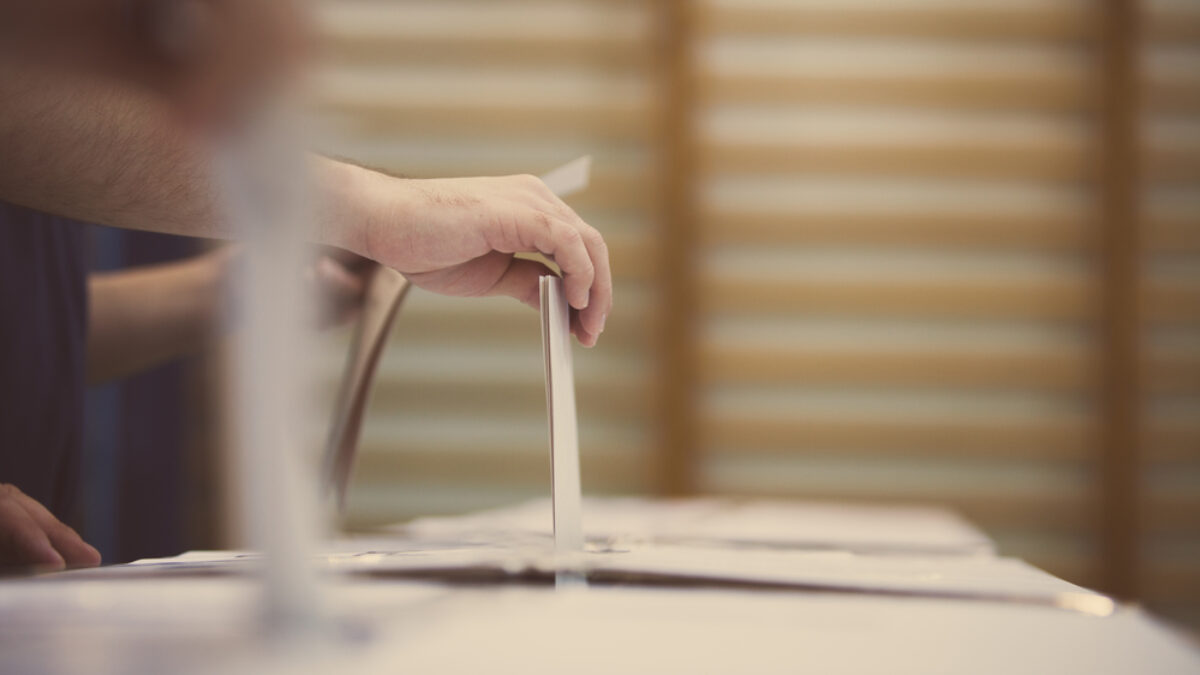The Wisconsin Supreme Court ruled Monday that residents, not county clerks, are responsible for determining whether their voter status warrants an absentee ballot submission without providing voter ID.
According to Wisconsin state law, voters may circumvent the state’s ID requirement if they claim to be confined based on age, disability, or infirmary. Local election officials in Dane and Milwaukee Counties this spring however, aimed to expand exemptions to the voter ID law to any voter claiming confinement from the coronavirus pandemic caused prohibitive challenges to submitting their ballots with proper ID.
In a unanimous ruling, the Wisconsin Supreme Court overruled election officials who implemented their own amendments to state law, arguing that the state Democratic governor’s stay-home order used at least in part to justify the changes — which was also shut down by the high bench this spring — did not render residents indefinitely confined and therefore did not warrant an exemption from providing ID.
“County clerks are not to interpret Wisconsin’s election laws and make declarations based on those interpretations,” Chief Justice Patience Roggensack wrote. “The plain language of the statute requires that each elector make an individual assessment to determine whether he or she qualifies as indefinitely confined or disabled for an indefinite period. A county clerk may not ‘declare’ that any elector is indefinitely confined due to the pandemic.”
In the spring, the court ordered the local clerks to halt issuing guidance allowing voters to exempt themselves from the voter ID law citing coronavirus. The edict remained in place through the general election.
The ruling clarifying the terms under which voters may declare themselves unable to submit photo ID with their absentee ballots comes the same day the high bench upheld the results of the November contest granting the state’s 10 electoral votes for former Vice President Joe Biden following a razor-thin 20,000 vote victory. The court argued in a 4-3 decision that the president brought his case to the court far too late for no reason other than to manipulate the outcome in favor of the Republican incumbent.
“The issues raised in this case, had they been pressed earlier, could have been resolved before the election,” Justice Brian Hagedorn wrote. “The challenges by the Campaign in this case … come long after the last play or even the last game; the Campaign is challenging the rulebook adopted before the season began.”
The electoral college will be certifying the presidential contest nationwide for Biden Monday to officially grant the Democratic nominee the title, president-elect.








